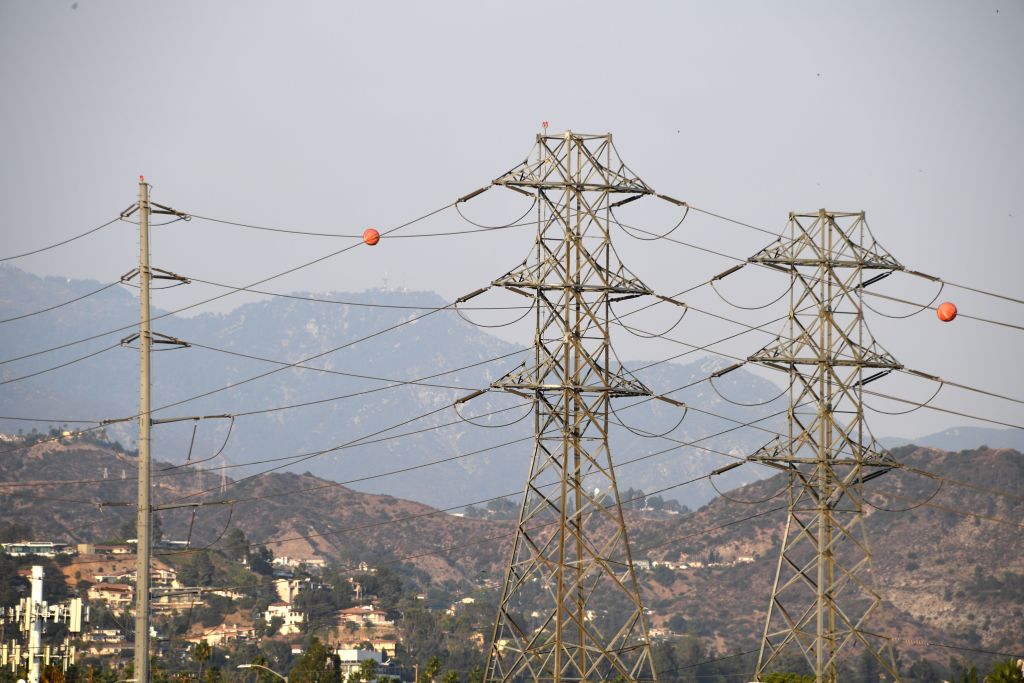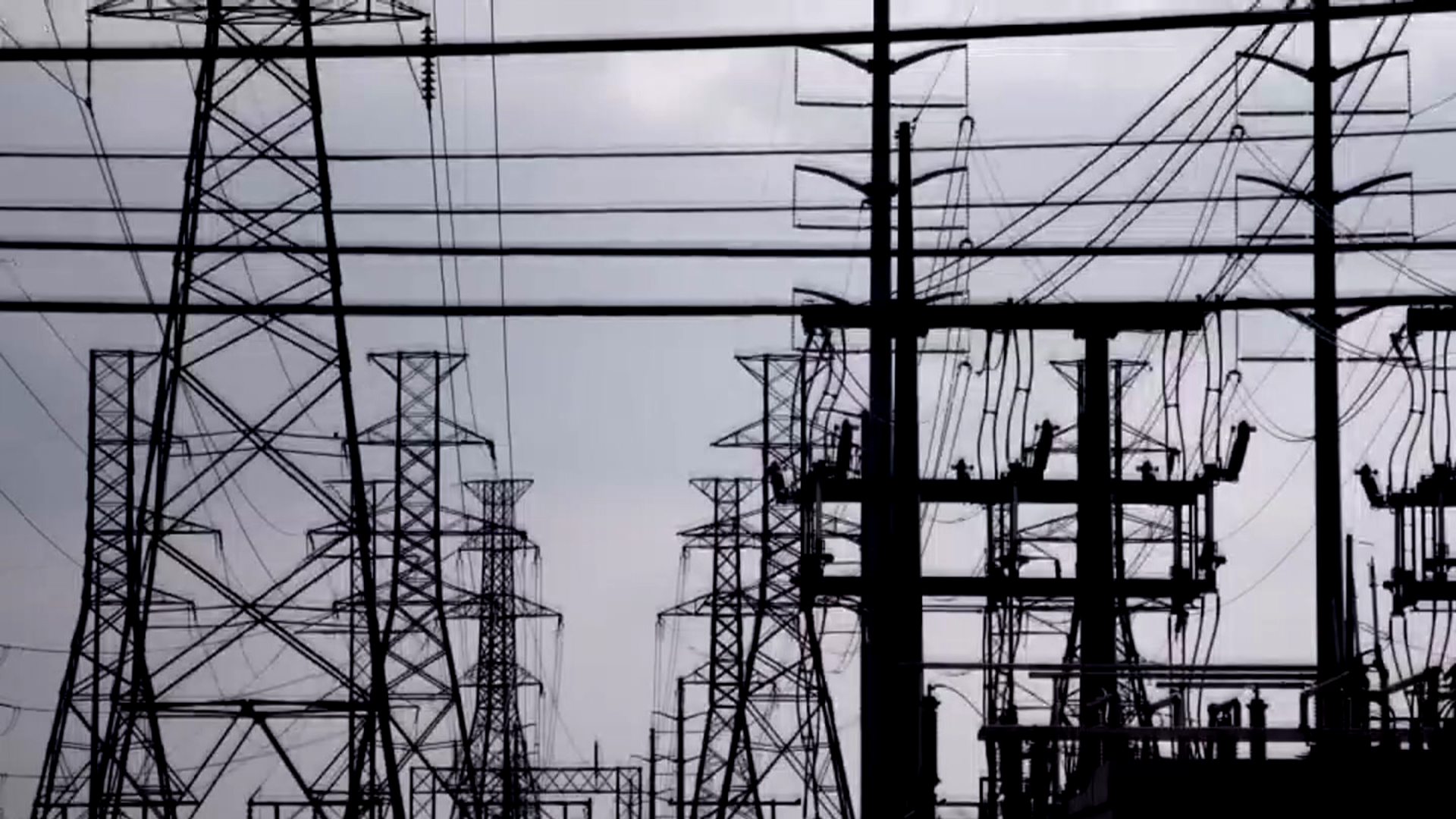
The leading environmental opponent of a $1 billion electric transmission line in western Maine asked state regulators to revoke a permit for the project following a referendum vote this week.
Maine residents voted Tuesday to halt the New England Clean Energy Connect. But the outcome doesn’t go into effect for about two months — 30 days after the election is certified.
In the meantime, construction on the project is continuing even as litigation proceeds on several fronts.
The Natural Resources Council of Maine said the permit should be revoked immediately to prevent further environmental damage during construction.
James Kilbreth, lawyer for NRCM, said it would be a “dereliction of duty” for regulators to allow “continued destruction” of woodlands while waiting for the law to go into effect, James Kilbreth, lawyer for NRCM, wrote on Thursday in a notice to environmental regulators.
There was no immediate response Friday from the Department of Environmental Protection or Board of Environmental Protection.
The 145-mile power transmission line would serve as a conduit for up to 1,200 megawatts of Canadian hydropower. Most of it would be built along existing corridors but a new 53-mile section is being cut through the woods to reach the Canadian border.
More on New England Clean Energy Connect
Utilities companies supporting and opposing the project poured more than $90 million into the battle, making it the most expensive referendum campaign in state history.
Multiple state and federal agencies already gave their approval to the project, but the DEP is reconsidering after a judge ruled that leases on a 1-mile section of state land were improperly granted. That ruling is being challenged to the state Supreme Court.
Meanwhile, Central Maine Power’s parent company is also suing over the referendum, saying it was unconstitutional.



